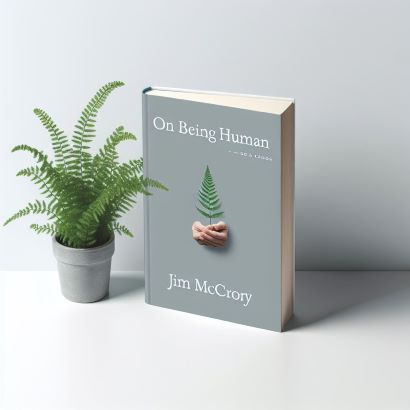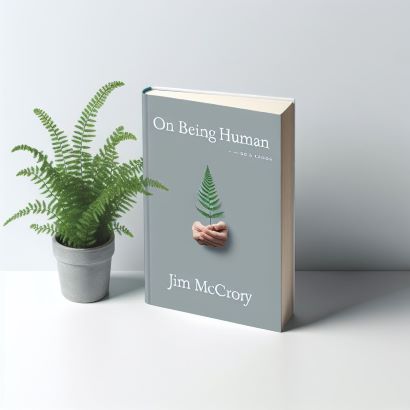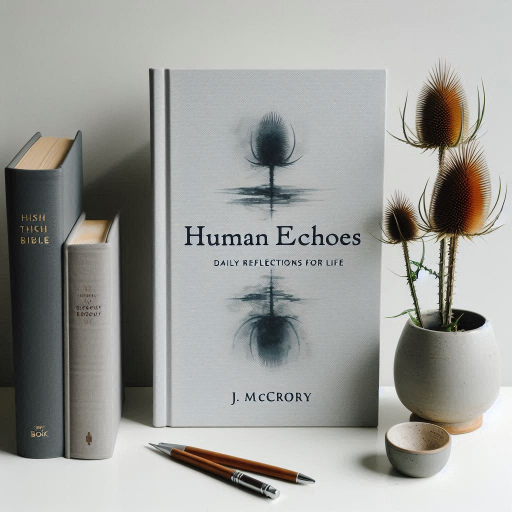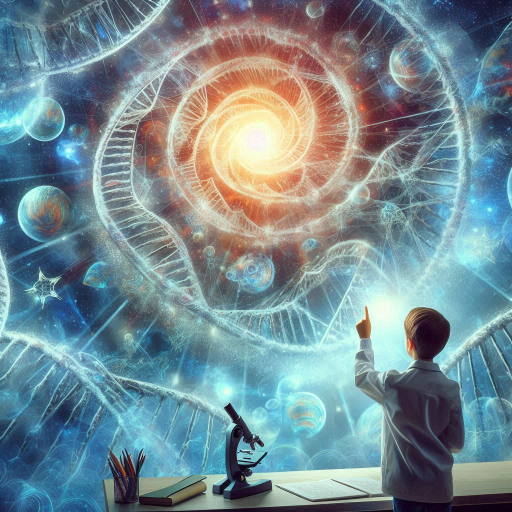"He has shown you, O man, what is good.
And what does the LORD require of you
but to act justly, to love mercy,
and to walk humbly with your God?"
— Micah 6:8.

Image generated with the assistance of Microsoft Copilot
I have often had spiritual discussions with people who have been heard to say, "What has God done for me? "These words some up the infiltration of me-ism in society. On the other hand, it's not about what God has done for us, but about what we have done for God and our neighbours.
How easy it is to ignore the impact of our actions on others. From time to time, I return to In J.B. Priestley’s play, An Inspector Calls. In it, he powerfully illustrates how interconnected our actions are. Set in 1912, the play follows the Birling family, whose comfortable lives are disrupted by Inspector Goole. Through his investigation, each family member is shown to have contributed to the downfall of Eva Smith, a young woman whose tragic death highlights the consequences of indifference. Priestley’s message is clear: our choices matter, often in ways we do not realize.
Social responsibility is striking in a world that values individualism. The Birlings’ privilege blinds them to their role in Eva’s suffering, reflecting the illusion that our lives and actions exist in isolation. Priestley shows that we are all connected, and failing to act compassionately can harm others.
Priestley contrasts the older and younger generations in the Birling family. Arthur and Sybil, the parents, deny responsibility, clinging to their privilege and refusing to face the impact of their actions. Sheila and Eric, the children, recognize their faults and embrace change. Their transformation offers hope and a reminder that growth is possible when we confront uncomfortable truths.
Inspector Goole represents conscience, urging the Birlings—and us—to examine the consequences of our actions. His questions remind us to listen to our inner voice, often silenced by distractions and self-interest, and to consider what kind of society we want to create.
At its core, An Inspector Calls asks us to see the humanity in others and recognize that every choice contributes to a larger whole. It challenges us to question our assumptions, take responsibility, and consider how our actions shape the world.
The play’s lesson is simple: act with kindness, take responsibility, and understand that your choices matter. In doing so, we honour lives like Eva Smith’s and help create a more compassionate, connected world.
























